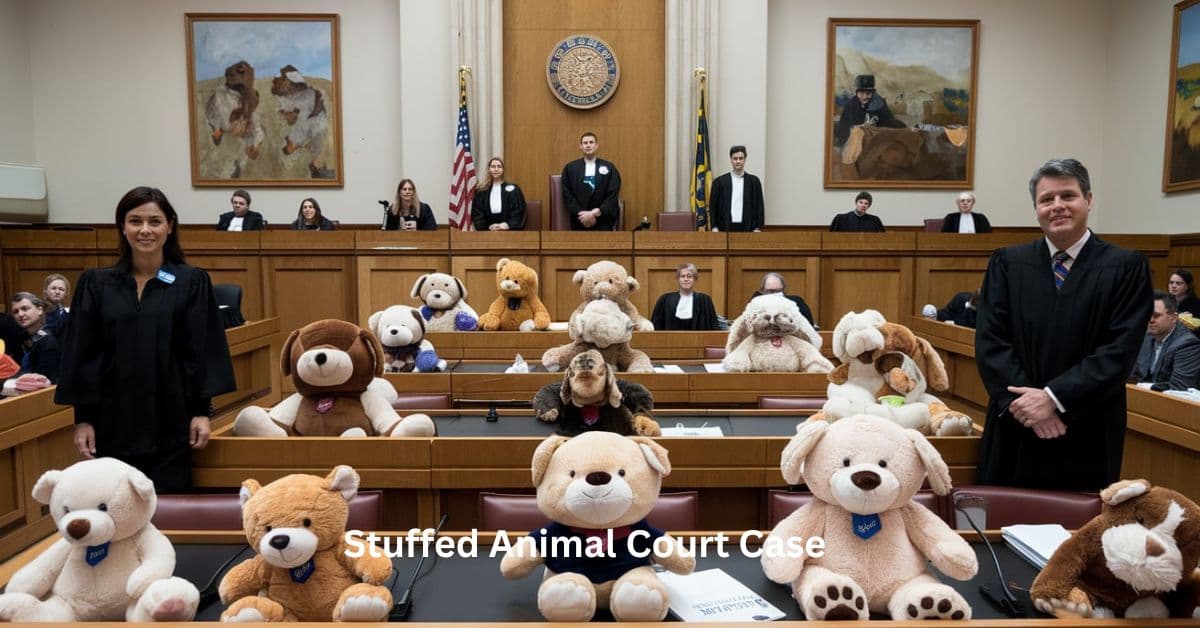What Does GMFU Mean? A Comprehensive Guide

In the ever-evolving landscape of internet slang, “GMFU” has become a popular term, particularly among younger generations and on social media platforms. This acronym stands for “Got Me Fucked Up,” a phrase that expresses frustration, disbelief, or anger. While it might seem straightforward, the use of “GMFU” in various contexts can carry different nuances and meanings.
This article will explore the term “GMFU,” diving into its origins, how it’s used today, and why it has gained traction in online communication. We’ll also provide related insights and answer common questions about this trending acronym. Whether you’re curious about what “GMFU” means or how to use it correctly, this guide is here to help you understand and navigate this slang term.
What Does GMFU Mean?
GMFU stands for “Got Me Fucked Up.” It is often used to express strong emotions, usually negative, such as anger, frustration, or disbelief. When someone says “You got me fucked up,” they mean that they feel disrespected, misunderstood, or wronged in some way. The term has a confrontational tone, suggesting that the speaker is upset and ready to defend themselves or their stance.
Usage in Different Contexts
- Anger and Frustration: The most common use of “GMFU” is to convey anger or frustration. For example, if someone feels they have been mistreated, they might say, “You really got me fucked up right now.” This indicates that they are upset about the situation and feel that they have been wronged.
- Disbelief or Shock: “GMFU” can also express disbelief or shock. For instance, if someone hears something surprising or hard to believe, they might respond with “GMFU!” to show their astonishment.
- Defiance: In some cases, “GMFU” is used to assert oneself in a situation where they feel challenged or disrespected. It’s a way of saying, “I won’t let you treat me this way” or “I’m not backing down.”
Origins of GMFU
The exact origins of the term “GMFU” are hard to pinpoint, but it likely emerged from African American Vernacular English (AAVE) and gained popularity through rap music, social media, and internet culture. Like many slang terms, “GMFU” spread rapidly online, where it became part of the common vernacular on platforms like Twitter, Instagram, and TikTok.
Influence of AAVE
African American Vernacular English has significantly influenced American slang, particularly in the realms of music and social media. Many terms that are now mainstream slang originated from AAVE, and “GMFU” is no exception. This term reflects the expressive and dynamic nature of AAVE, where phrases often carry multiple layers of meaning.
How to Use GMFU Appropriately
Using “GMFU” correctly depends on the context and audience. Since it contains profanity, it’s important to be mindful of the setting in which you use it. Here’s a guide to using “GMFU” appropriately:
- Casual Conversations: “GMFU” is most appropriate in informal settings, such as conversations with friends or on social media. It’s a way to express your emotions strongly, but it’s best to avoid using it in professional or formal situations.
- Social Media: On platforms like Twitter or Instagram, “GMFU” is often used in memes, tweets, or captions to convey strong emotions. It can be used to comment on anything from personal experiences to current events.
- Understanding the Tone: The tone of “GMFU” is crucial. It is generally confrontational, so it’s important to be aware that using it could escalate a conversation. Make sure your intent is clear to avoid misunderstandings.
The Cultural Significance of GMFU
“GMFU” is more than just a slang term; it reflects broader cultural trends in how people communicate online. The term has become part of the language of resistance and self-expression, especially among younger generations who use social media as a platform to voice their thoughts and feelings.
Connection to Music and Pop Culture
Rap and hip-hop music have played a significant role in popularizing “GMFU.” Artists often use similar phrases in their lyrics to convey powerful emotions or assert their stance on various issues. As these songs gain popularity, so do the terms used within them, making “GMFU” a part of the larger cultural lexicon.
Examples of GMFU in Use
To better understand how “GMFU” is used in everyday language, here are some examples from social media and casual conversations:
- Social Media Example: “When my boss asked me to work overtime on a holiday weekend… #GMFU”Explanation: This tweet expresses frustration and disbelief at being asked to work extra hours, especially during a time typically reserved for relaxation.
- Casual Conversation Example: “You really GMFU if you think I’m gonna let that slide.”Explanation: In this context, the speaker is confronting someone who they feel has disrespected them, making it clear that they are upset and won’t tolerate the behavior.
- Pop Culture Example: “Listening to this new track, and the lyrics really GMFU. So deep!”Explanation: Here, “GMFU” is used to express how deeply the person was affected by the song’s lyrics, showing that the music resonated with them on an emotional level.
Why Has GMFU Become So Popular?
The rise of “GMFU” in online conversations can be attributed to several factors:
- Expressiveness: “GMFU” is a powerful way to convey strong emotions in just a few words. In an age where brevity is key, especially on platforms like Twitter, such acronyms are highly effective.
- Relatability: Many people have experienced situations where they feel misunderstood or wronged, making “GMFU” a relatable term for expressing those feelings.
- Cultural Influence: As mentioned earlier, the influence of AAVE and its integration into mainstream culture through music and social media has propelled the popularity of terms like “GMFU.”
Related Terms and Variations
While “GMFU” is specific, it’s part of a larger group of slang terms used to express similar emotions. Here are some related terms:
- WTF: An acronym for “What the fuck,” this term is used to express disbelief or shock. It’s less confrontational than “GMFU” but serves a similar purpose.
- SMH: Short for “Shaking My Head,” this term conveys disappointment or disbelief. It’s often used when someone does something that leaves you speechless.
- IDC: Meaning “I Don’t Care,” this term is used when someone wants to convey apathy or disregard for a situation.
- FML: An acronym for “Fuck My Life,” this term is used to express frustration or despair, typically when something goes wrong.
- ICYMI: Short for “In Case You Missed It,” this term is used to draw attention to something that someone may have overlooked.
FAQs About GMFU
What does GMFU mean in text?
In texting, “GMFU” stands for “Got Me Fucked Up.” It’s used to express strong negative emotions like anger, frustration, or disbelief.
Is GMFU offensive?
Yes, “GMFU” contains profanity and can be considered offensive, depending on the context and audience. It’s important to use it appropriately and be mindful of who you’re speaking to.
Can GMFU be used in a positive context?
While “GMFU” is primarily used in negative contexts, it can sometimes be used positively, especially when something has strongly affected someone in an unexpected way. For example, “That movie GMFU, it was so good!”
How do I respond to GMFU?
The response to “GMFU” depends on the context. If someone is expressing anger or frustration, it might be best to address the issue directly. If it’s used in a lighter, more humorous context, a simple acknowledgment or a follow-up question might be appropriate.
Why is GMFU popular on social media?
“GMFU” is popular on social media because it’s a concise and expressive way to convey strong emotions. Its use in memes, tweets, and captions has helped it become part of the common internet slang.
Conclusion
The term “GMFU” is a vivid example of how language evolves in the digital age. Originating from AAVE and popularized through music and social media, “GMFU” has become a powerful tool for expressing strong emotions succinctly. Whether you’re using it to convey frustration, disbelief, or defiance, understanding the meaning and context of “GMFU” will help you communicate more effectively in today’s online world.
By exploring the origins, usage, and cultural significance of “GMFU,” this article provides a comprehensive understanding of the term. As with any slang, it’s essential to use “GMFU” thoughtfully, considering the context and audience. With this guide, you should now feel confident in both understanding and using “GMFU” appropriately.










